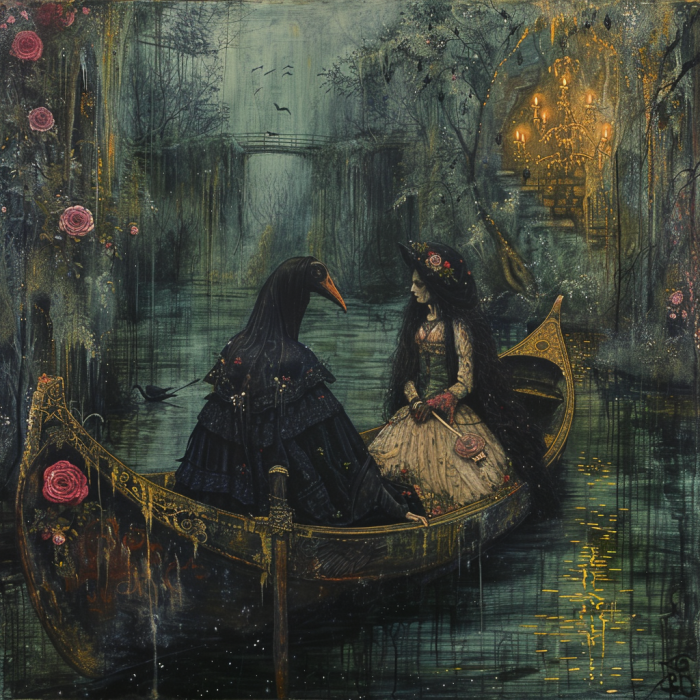Introduction
Water, the essence of life, has always held a profound symbolic and spiritual meaning in human societies. Across cultures and throughout history, it has represented fertility, purification, healing, and even destruction. This article explores the symbolic significance of water in different mythologies and how these meanings reflect its cultural and spiritual importance.
Ancient Greek Mythology
- The River Styx: In Greek mythology, the River Styx was a boundary between Earth and the Underworld. It was believed that souls crossed this river after death, guided by the ferryman Charon, symbolizing the transition between life and death.
- Poseidon, God of the Sea: Poseidon was revered as the god of the sea, storms, and earthquakes. He wielded a trident that could control the waters, reflecting the power and unpredictability of the ocean.
Hindu Mythology
- The Ganges River: The Ganges, or Ganga, is considered the most sacred river in Hinduism. Bathing in its waters is believed to cleanse one’s sins and facilitate salvation. The river is personified as the goddess Ganga, whose descent to Earth was said to bring purification and life to the land.
- Holy Rituals: Water plays a crucial role in Hindu rituals (puja) and is used for purification, both in physical and spiritual terms.
Norse Mythology
- Yggdrasil and the Well of Urd: In Norse mythology, Yggdrasil, the world tree, is nourished by three wells, one of which is the Well of Urd. This well is guarded by the Norns, who control the fate of the cosmos. The water in the well symbolizes wisdom, fate, and the flow of life.
- The Waters of Mimir: Mimir’s well is another source of wisdom and knowledge. Odin, the chief god, sacrifices one of his eyes to drink from it, highlighting the transformative power of water.
Celtic Mythology
- Sacred Springs and Wells: Celts considered natural springs and wells as entrances to the Otherworld and sources of wisdom and healing. They believed these waters were inhabited by spirits, often represented as nymphs or goddesses, such as the goddess Brigid, associated with healing waters.
- The Lady of the Lake: In Arthurian legend, the Lady of the Lake is a water spirit who provides King Arthur with Excalibur, his magical sword. She embodies mystery, magic, and the otherworldly power of water.
Indigenous Cultures of North America
- The Great Flood: Many indigenous cultures have flood myths that explain the origins of the world. The Navajo, for example, have stories of a flood that forced the First People to climb through the underworlds to safety.
- Water as Life: For many Indigenous peoples, water is sacred and treated with reverence as the source of all life. It is considered to have spirits and is often incorporated into healing ceremonies.
Conclusion
Water’s symbolic significance in mythology reflects humanity’s deep connection with this vital element. Across cultures, it represents life, death, transformation, and renewal, embodying the mysteries of existence. By understanding these myths and their symbols, we can appreciate water’s enduring spiritual importance and the reverence it commands across diverse cultures and traditions.

